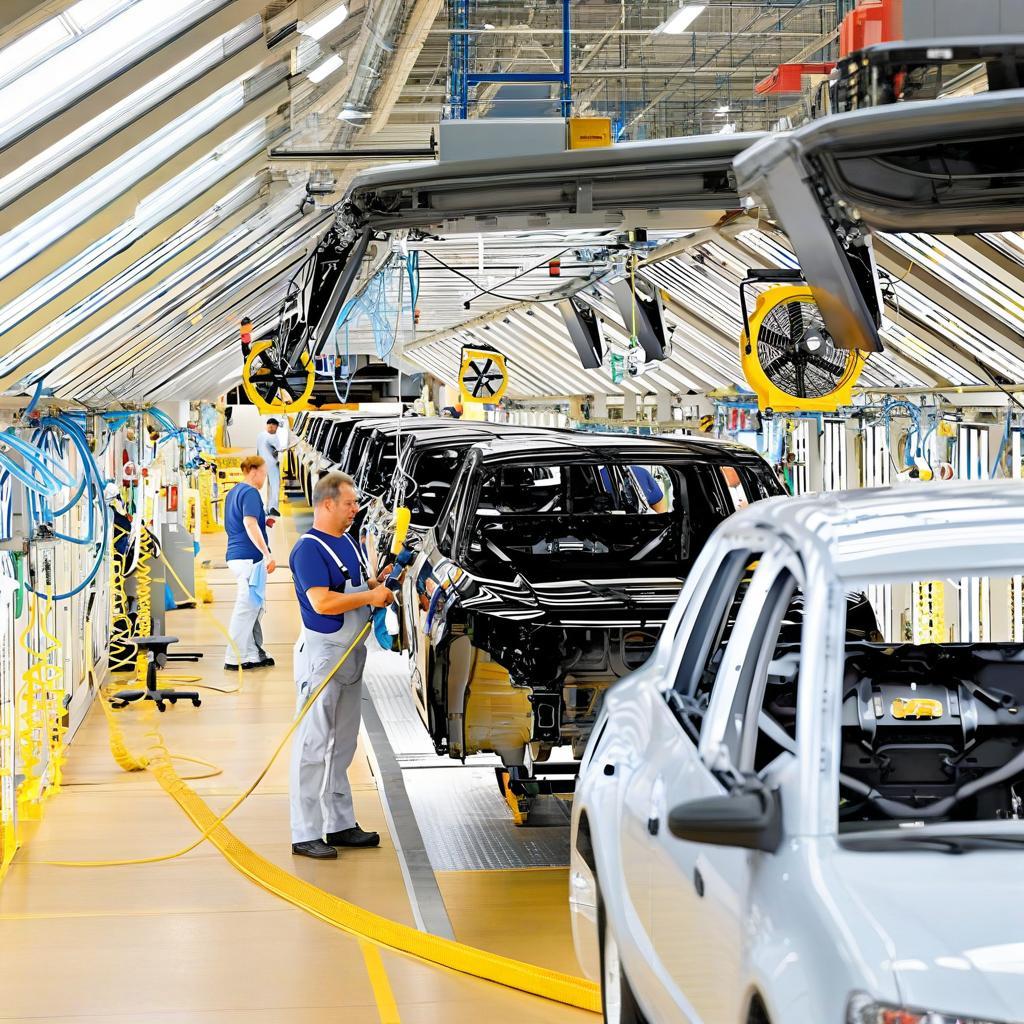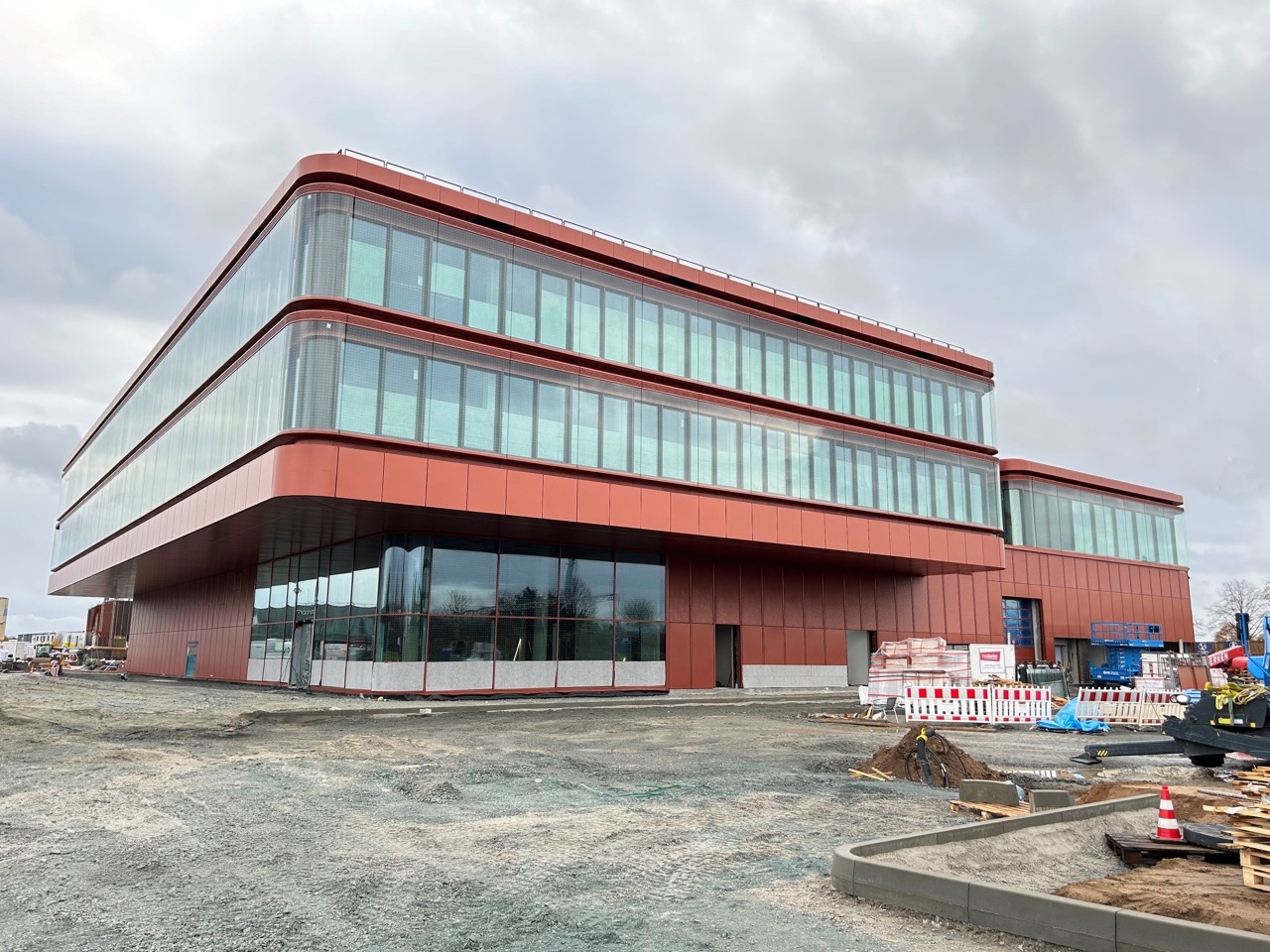Hyundai Motor Group is once again leading the automotive industry's innovation wave with a strong attitude, announcing the expansion of its R&D facilities in Europe, adding more than 25,000 square meters of space to lay a stronger foundation for sustainable mobility and future technologies. This expansion not only includes the famous Nürburgring test center, but also the new "Square Campus" to be completed in March 2025, injecting more technology and creative vitality into the European market. Hyundai Motor Group has been conducting durability tests in Nürburgring since 2011 and officially established the test center in 2013. The latest expansion project adds 834 square meters of cutting-edge facilities, including new workshops, professional laboratories and high-voltage electric vehicle charging equipment, to comprehensively enhance its development capabilities for electric vehicles and high-performance models.
Hyundai Motor Group has been conducting durability tests in Nürburgring since 2011 and officially established the test center in 2013. The latest expansion project adds 834 square meters of cutting-edge facilities, including new workshops, professional laboratories and high-voltage electric vehicle charging equipment, to comprehensively enhance its development capabilities for electric vehicles and high-performance models.
Tyrone Johnson, General Manager of Hyundai Motor Europe Technical Center, said: "This expansion demonstrates our confidence in the future of travel, especially in the field of electrification. We will further integrate N performance and electric vehicle strategies and continue to optimize internal combustion engine technology, demonstrating our commitment to high-performance electric vehicles, which is an important part of our brand DNA."
Located in the Rhine-Main region, the new Square Campus covers an area of 25,000 square meters and will become a new benchmark for automotive research and development in Europe. The facility is equipped with advanced four-wheel noise, vibration and harshness (NVH) dynamometers, as well as chassis and powertrain test benches to simulate vehicle performance under various road conditions, reducing the need for actual road testing. It will focus on further breakthroughs in electric vehicles, advanced driver assistance systems (ADAS), infotainment systems and electrification technologies.
Tyrone Johnson added: "Our Square Campus not only represents the continuation of innovative thinking, but also reflects our tribute to the excellent tradition of German automotive engineering. It will become a creative center for engineers and partners to drive the European automotive market towards a more connected and dynamic future." The new Square Campus is not only a technological fortress, but also a model of sustainable development. The facility uses environmentally friendly materials, photovoltaic panels and heat pump systems, and also has hybrid office space, rooftop gardens and smart work systems to encourage collaboration and creativity. These designs demonstrate the group's vision of achieving zero tailpipe emissions in the European market by 2035 and its commitment to developing sustainable mobility solutions.
The new Square Campus is not only a technological fortress, but also a model of sustainable development. The facility uses environmentally friendly materials, photovoltaic panels and heat pump systems, and also has hybrid office space, rooftop gardens and smart work systems to encourage collaboration and creativity. These designs demonstrate the group's vision of achieving zero tailpipe emissions in the European market by 2035 and its commitment to developing sustainable mobility solutions.
Hyundai Motor Group's R&D upgrade in Europe this time has undoubtedly injected more possibilities into the future of automotive technology. From the development of high-performance electric vehicles to the investment in environmental protection facilities, Hyundai has demonstrated its dual commitment to market demand and environmental responsibility. In particular, the performance improvement of electric vehicles at the Nuberling Test Center has made people look forward to the future of Hyundai N series electric vehicles. This is not only the progress of a brand, but also an innovative model for an industry. Car fans in the Hong Kong market, especially those who are interested in cars that emphasize both performance and environmental protection, will certainly be looking forward to these technological achievements!
Categories: vehicles
